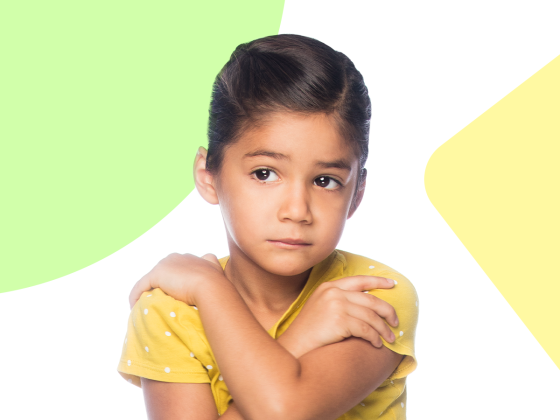
When Children Worry
When children feel worried, grown-ups can help them feel safer, calmer, and more secure.
We can’t promise children that the people they love won’t become sick or that things will get easier by a certain date, but we can provide as much a sense of safety as possible. Besides practicing breathing deeply, here are some ways you might help ease children’s worries:
- As much as possible, keep children away from scary topics in the news.
- When children are feeling worried, you can sit with them and encourage them to “draw it out.” Help children name their feeling (worried, anxious, afraid, sad, concerned, frustrated, and so on). Then ask, “What color is your feeling? What shape?” Help them label their picture with words or sentences. This works with any feeling (of course, there can be more than one feeling in a picture). You can model the strategy by drawing your own feelings, too.
- Encourage children to ask questions. Answer them simply but honestly, giving them just the information they are asking for. Often, knowing the facts (even if they are worrisome) is better than not knowing.
You can also watch children for signs of stress. In preschool, these may include fear of being alone, bad dreams, “accidents” or constipation, bed-wetting, changes in appetite, or an increase in temper tantrums, whining, or clinginess. Besides the suggestions above, your extra hugs and reassurance, plus doing calming, comforting things at bedtime, can go a long way.
Years from now, your children will remember the times you were positive, patient, and calm. Even through this challenge, you can build a foundation of strength and resilience that can last a lifetime.
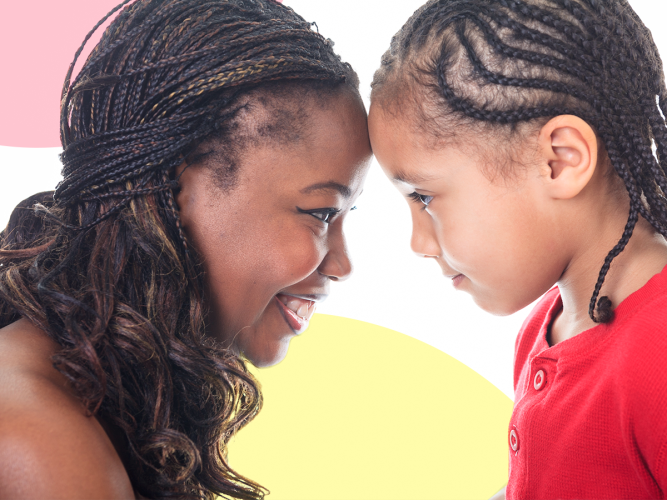
Changing the Labels
Use postive, supportive words to describe children.
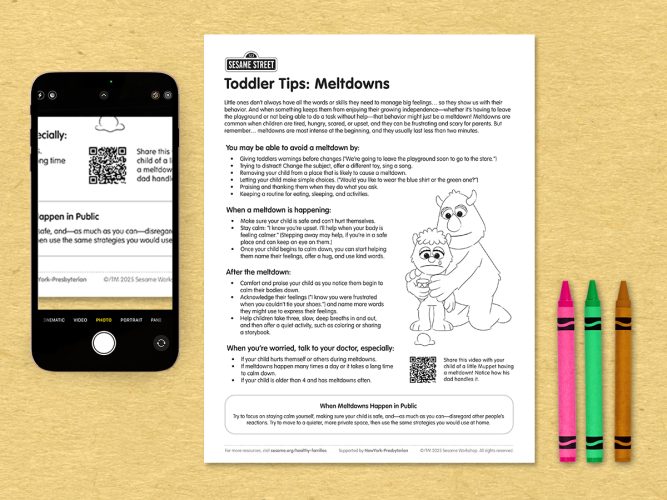
Toddler Tips: Meltdowns
Strategies for during and after a meltdown…and even some ways meltdowns might be avoided.
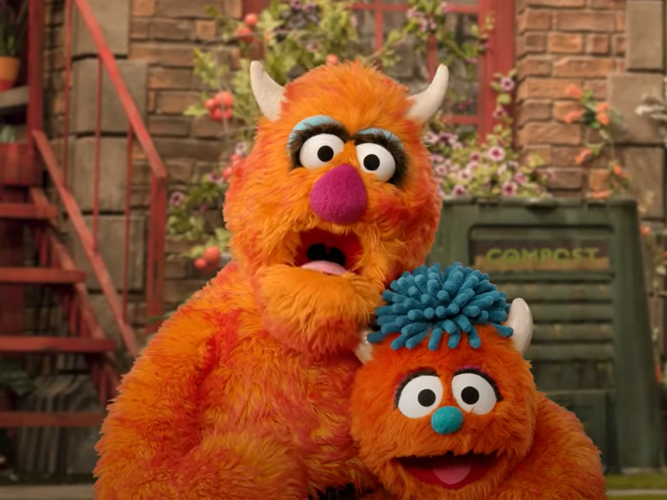
Monster Meltdown
Meltdowns happen… but they are somewhat predictable! As you try to handle them, curiosity and patience go a long way.
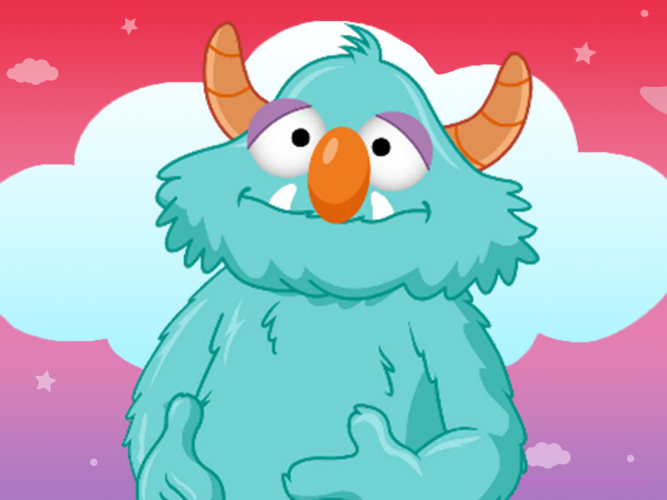
Belly Breathing
Try teaching kids this three-step strategy to teach problem-solving, self-control, planning, and persistence. It works for grown-ups, too!
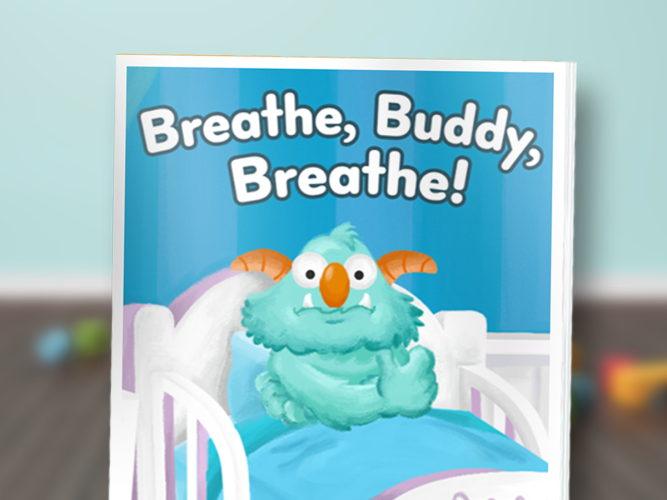
Breathe, Buddy, Breathe!
Build your child's self control with this interactive activity.
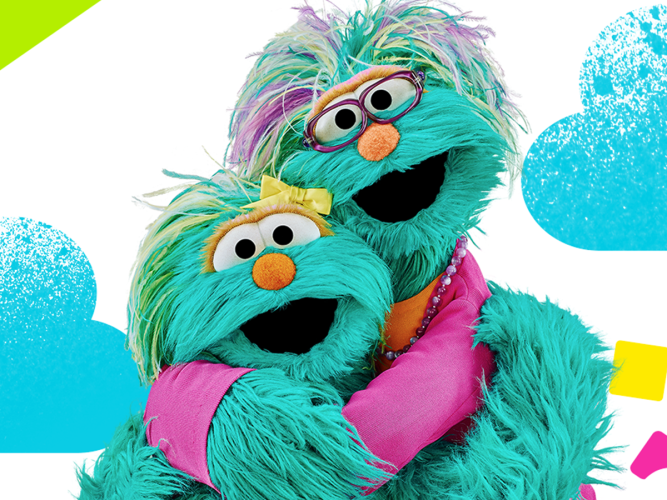
A Cloudy Day Story
Rosita is frustrated because she can’t join her friends at the movies. Mami reminds Rosita that on cloudy-feeling days, we can talk about our feelings.
